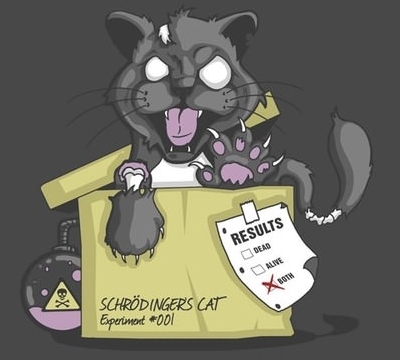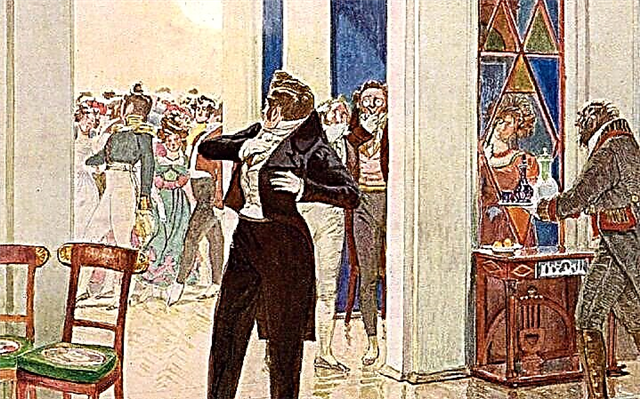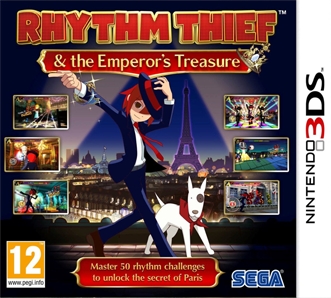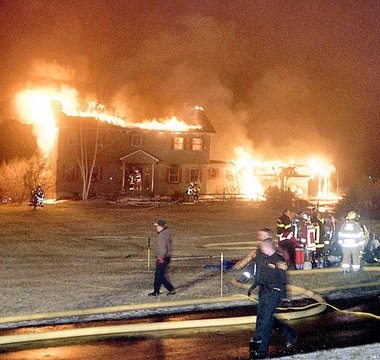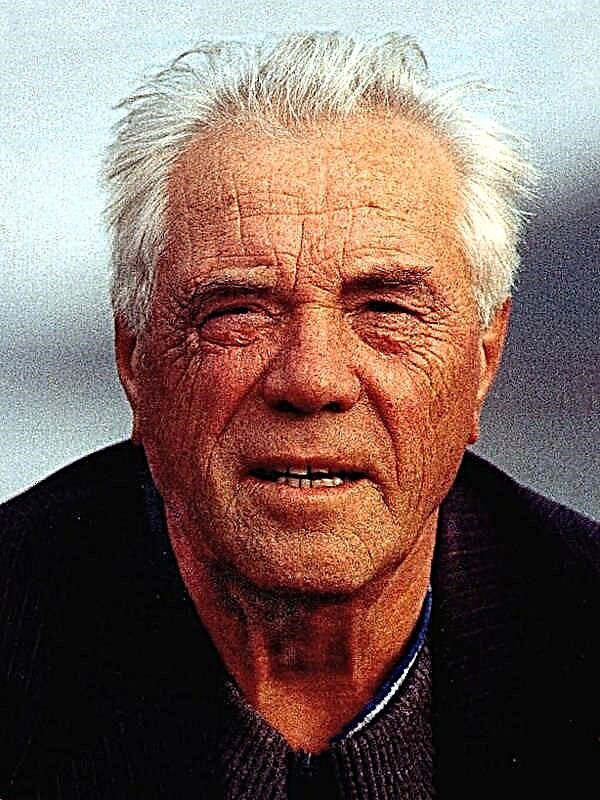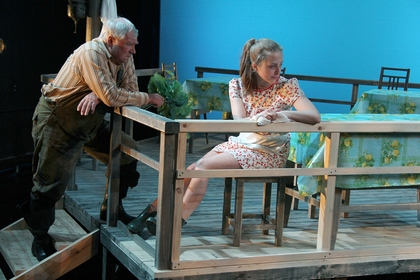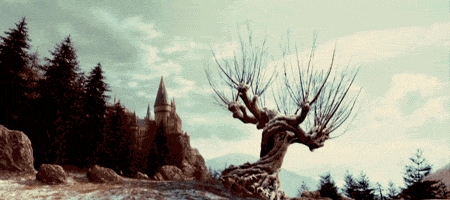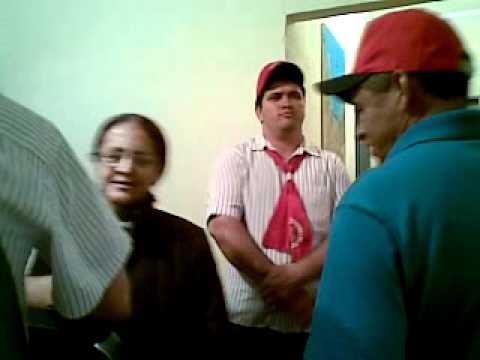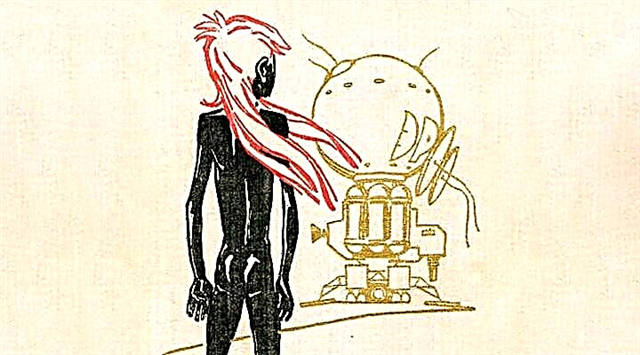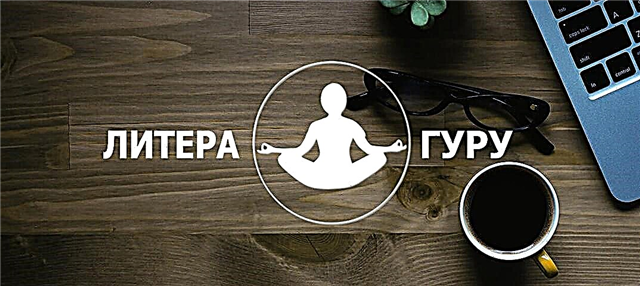Share
Pin
Tweet
Send
Share
Send
The exam in the Russian language is a serious test. But it’s not the tests that frighten the guys, but the composition, because people evaluate it, who can take a different look at the same works. To find examples from the literature that exactly fit all the criteria and opinions, refer to our selection. There are problems and arguments about history and its role in our lives.
The role of personality in history
- L. N. Tolstoy "War and Peace." In the epic novel, the historical course of the Great Patriotic War of 1812 is revealed. Perhaps this work is considered the largest writing response to a historical event, since it displays several decades from the life of Russia. The key theme of the work is the role of personality in the course of history. You can find images of different emperors and commanders and trace how they affect the outcome of the battle. For example, Napoleon Bonaparte, Alexander the First and M. Kutuzov became the main figures. Tolstoy is convinced that a true hero reflects the interests of the people, because it is the people who create history. Therefore, Kutuzov, according to the writer, is a true example of a leader who the whole country is ready to follow. This is because he is not thinking about his personal ambitions, but about how to combine the folk element into one all-conquering impulse.
- A. S. Pushkin "The Bronze Horseman". “By nature, we are destined here to cut a window to Europe” - these lines are dedicated to Peter I. According to Pushkin, the ruler changed the course of history. Peter is one of the active political figures who sought to improve the life of the people, but in achieving any of his goals he did not disdain means. Peter, being in power, determined the further course of development of Russia in the 18th century. Thanks to his rule, the first Russian fleet was built, capable of protecting the country at sea, the most important reforms were introduced, and the nobles got the opportunity to study abroad. But the emperor’s main achievement was the construction of the northern capital, which, however, could not do without the sacrifices that the author describes. The people are helpless before the king’s initiative. Everything will be as he decides. And in this, Pushkin sees the answer to the question, what is the role of the individual in history. If a person belongs to the ruling dynasty, it is decisive.
The problem of historical memory
- N.V. Gogol "Taras Bulba". Taras believed that his sons, Ostap and Andriy, would receive full education only after the battle. They needed to feel fighting wisdom. Then they can become worthy heirs. But Andriy changed his family, forgot his historical heritage. Having changed relatives, he forgot his native places. But this is history, its history. From time immemorial it turned out that its proud people defended themselves from any attacks and was united. This memory of generations was destroyed by the hero, following the call of the heart. Taras could not stand the betrayal and killed his son. Tragedy was inevitable, because Ivan, who does not remember kinship (as our ancestors called people who broke the connection of generations), despising the past, has no place in the future.
- D. Likhachev “Letters of the Good and the Beautiful” The writer argues that nothing in the world passes without a trace. Take, for example, a crumpled piece of paper. Next time he will doubt almost as well, along the same lines. If a person does not want to keep the memory of the past, then he does not realize the importance of every moment, any life story. History is not just conquests, wars, new discoveries. History is our inheritance from hundreds of people who lived and died in order to pass on to us a piece of their experience. We must value and respect this gift, otherwise it will be difficult for us to move forward.
The problem of preserving historical heritage
- V. Soloukhin “Black boards”. The work speaks of churches and ancient icons that were destroyed during the revolution. Soloukhin is convinced that such historical monuments deserve a better life, even if people do not believe in God. These places should be treated with respect. The author warns people. After all, from the destruction of churches is not far and to the abuse of graves. Destroying historical monuments, people lose their humanity and their dignity.
- D. Likhachev "Letters of the Good and the Beautiful." The book contains a fragment that describes the diversity of Russian cities, such as Moscow, Leningrad, etc. Each city emphasizes its individuality with monuments of architecture and painting. The task of people is to preserve this diversity, historical significance. Thanks to this, the country educates a person, positive qualities, a craving for creativity and self-knowledge are manifested in it. In other words, historical monuments are able to broaden their horizons and make a person cultural.
Family history
- A. Pushkin “Boris Godunov”. The historical drama describes the poet’s personal, tribal memory. In Boris Godunov there is an acting hero who is Pushkin’s ancestor. Memory, according to the writer, reflects the people's awareness of their cultural values. Historical memory is our wealth that must be passed down from generation to generation. The author was very proud of his glorious ancestor, the ancestor of his noble branch.
- M. A. Bulgakov "The White Guard". Turbines are descendants of an old noble family. They remember their proud origin and are proud of it. Therefore, during the civil war, they advocated the defense of the tsar and the old orders, which guaranteed the preservation of all that constituted the spiritual heritage of Russia. The revolution brought the necessary changes, but with them it promised the destruction of the most important socio-cultural ties with the past. This noblemen could not allow, forget about their origin - it means to abandon who you are now.
Responsibility to History
- Y. Yakovleva “History teacher”. The events of the story take place in Croatia. Ten years have passed since World War II. Children continue to play partisans and teachers. Tourists are interested in this. As it became known, during the war the history teacher did not leave the class with students whom the Germans intended to shoot. The teacher said that this is the last lesson in history. This example shows that people know how to remember exploits, respect the heroic deed. The hero showed not only courage, but also responsibility for those whom he raised and will continue to raise even after death, because his behavior still teaches people to be better, stronger and bolder.
- Ray Bradbury, "And Thunder Clap." In the story, the author decided to reflect on what would have happened if there were a time machine. The protagonist Ekels decided to try out the time machine, but he was told that in the past nothing should be changed, and it was forbidden to kill animals. While in the Age of Dinosaurs, he accidentally crushed a butterfly as he ran away from the cries of large mammals. Returning, he notices that everything has irreparably changed. Thus, we must be responsible for every action, not only to those who surround us now, but also to future generations of people.
Share
Pin
Tweet
Send
Share
Send

